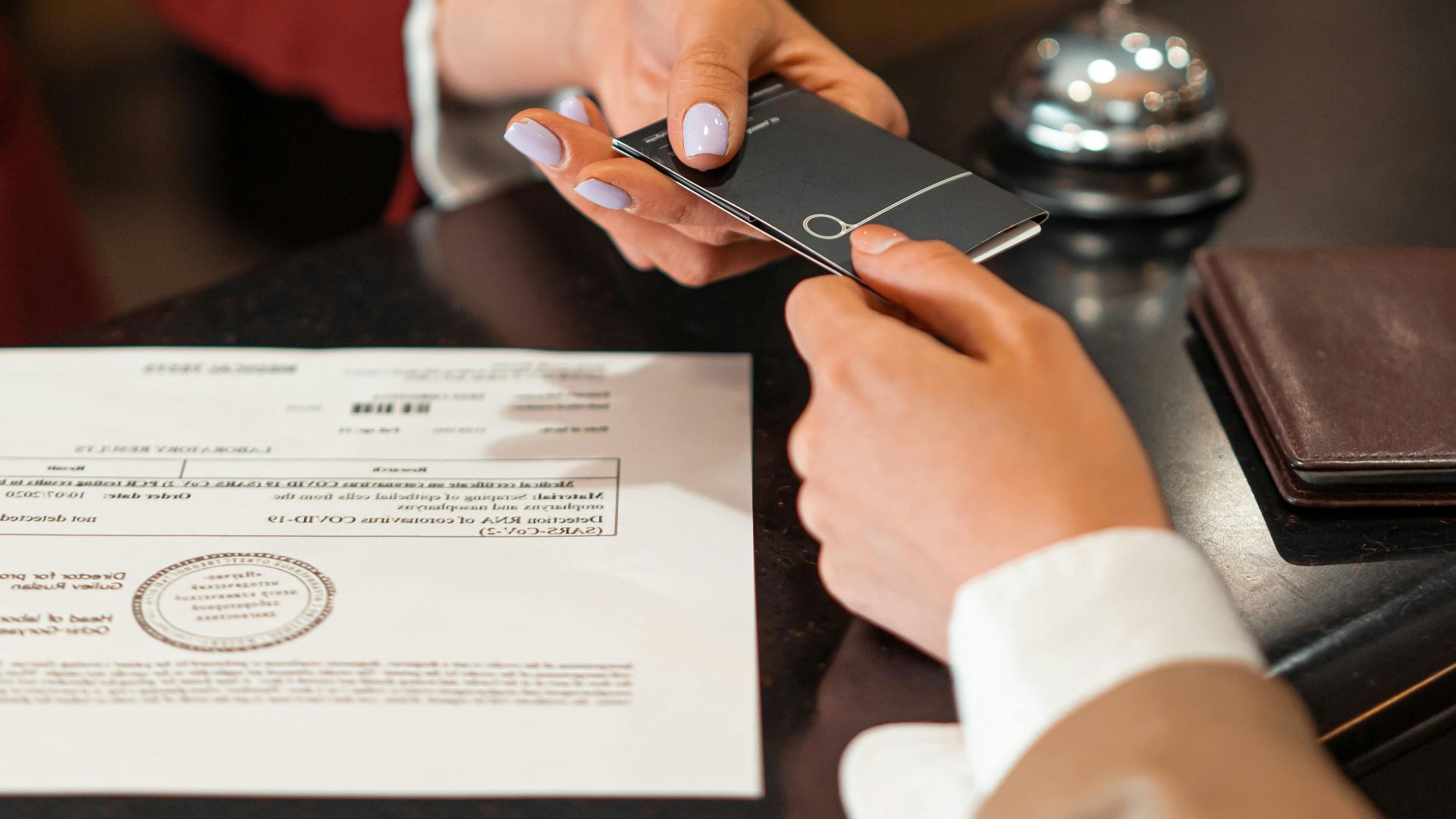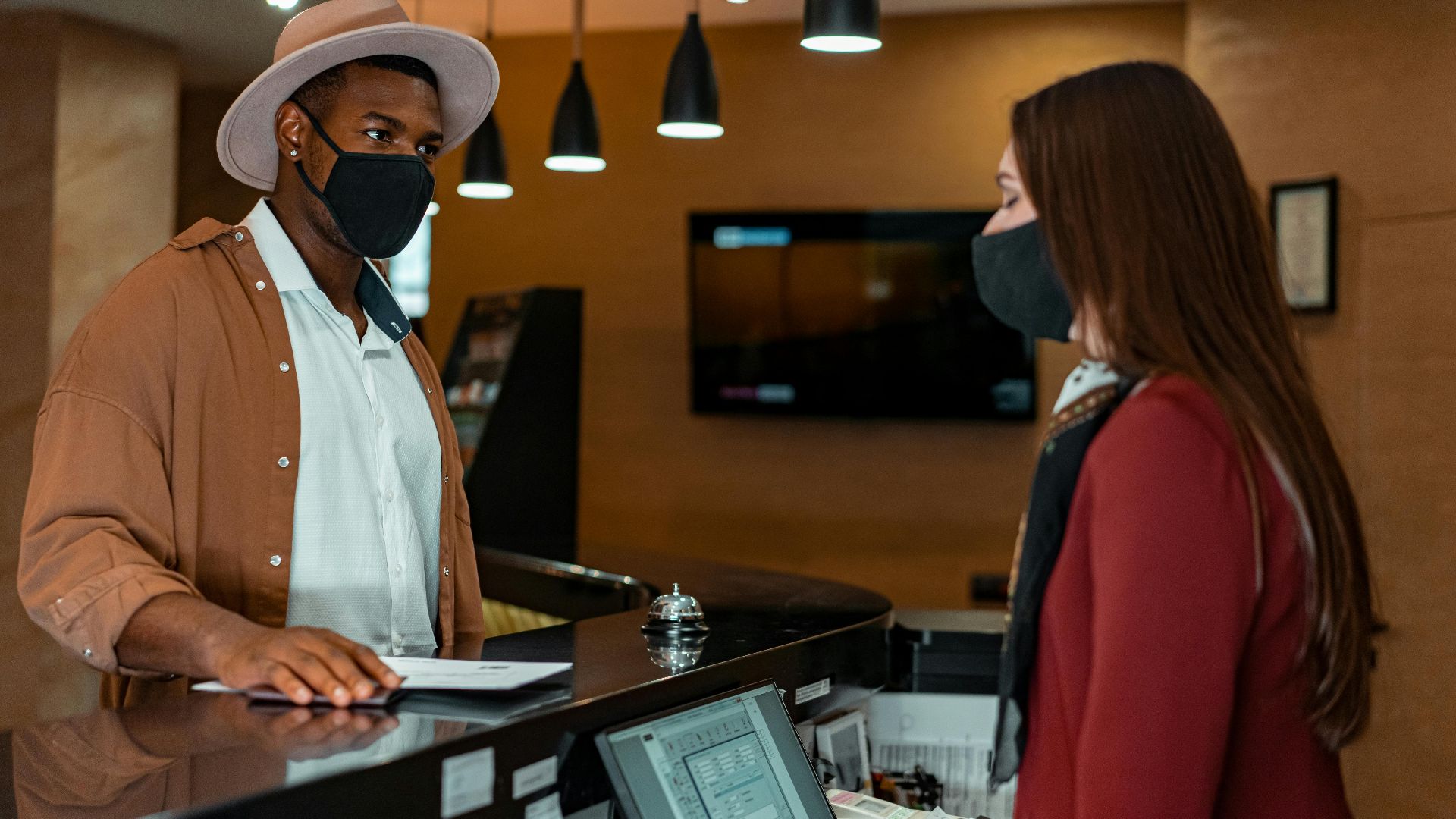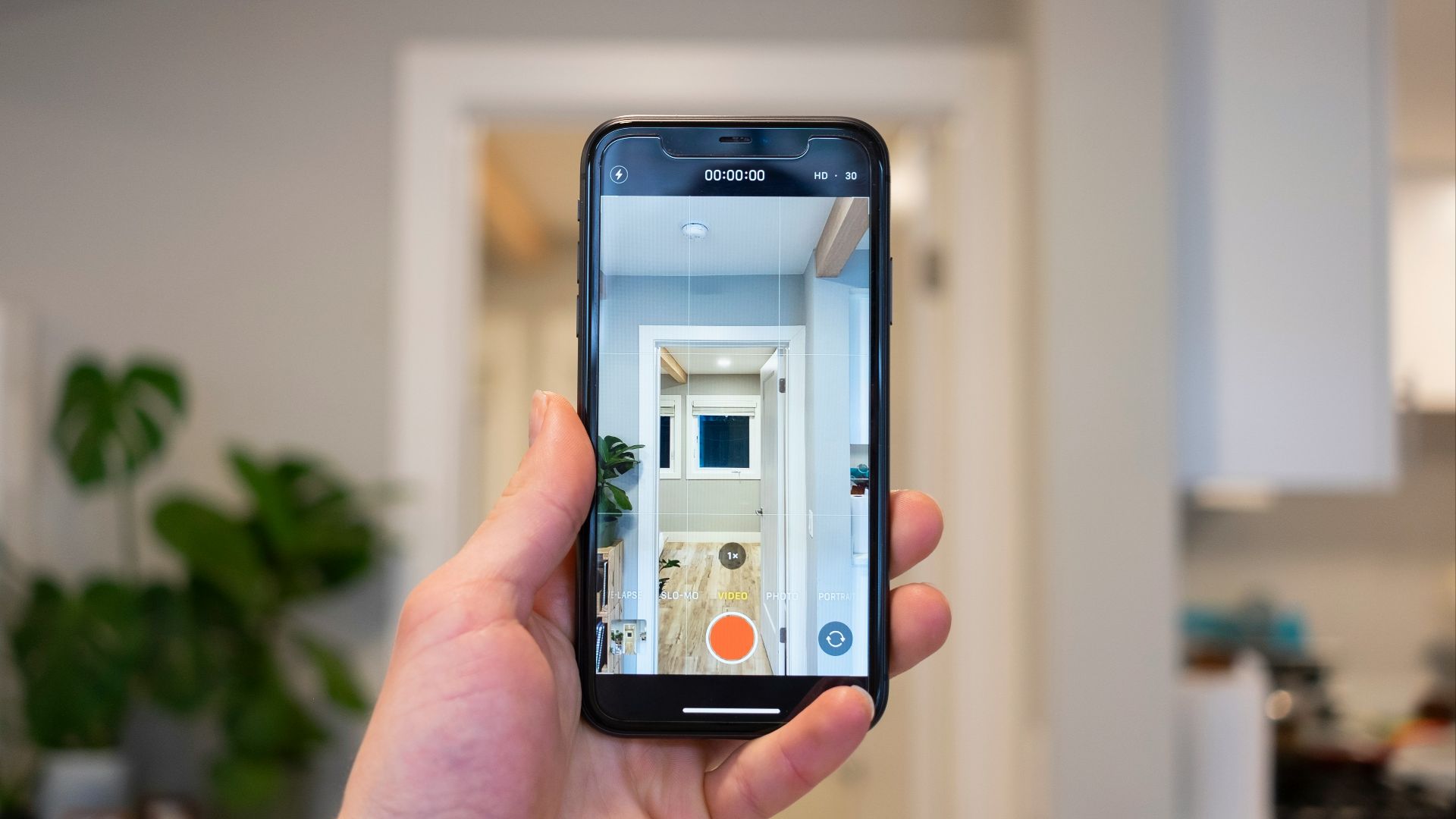When Paradise Turns Into a Parking Lot
So, you’ve just checked into your dream hotel, ready to sip something fruity on your balcony while gazing at the ocean—and instead, you’re staring at the back of a Chevy Tahoe. Don’t panic. You’re not powerless, and you might even end up with an upgrade if you play this right. Here’s exactly what to do when your “ocean view” turns into an asphalt disappointment.
Take a Deep Breath Before You Storm Downstairs
You’re frustrated, but the key here is composure. Hotels deal with complaints daily, and the calmest guest usually gets the best resolution. Before grabbing your keycard and marching to the front desk, take a photo of the view—it’ll help later if you need proof.
Double-Check Your Reservation Details
Sometimes, what you booked and what the hotel thinks you booked aren’t quite the same. Pull up your confirmation email and look for terms like “ocean view,” “partial ocean view,” or “resort view.” These words matter—a “partial ocean view” might legally mean one square inch of sea visible between two palm trees.
Inspect the Room for Other Issues
If you’re already unhappy, you might as well make sure everything else is in order. Check the cleanliness, amenities, and any damage. This helps you decide whether you just need a different view—or a whole new room.
Head to the Front Desk, Not the Phone
It’s tempting to call from your room, but face-to-face conversations work better. Politely explain the problem in person, and show them your booking confirmation and a photo of the “view”. Staff are more likely to help when they see you’re reasonable but clearly disappointed.
Stay Calm but Be Direct
Say something like, “I specifically booked an ocean-view room, but this faces the parking lot. Is there another room available that matches what I paid for?” Directness without hostility keeps the interaction productive.
Use Names and Make Connections
If you can, get the name of the front desk agent. Use it once or twice—people respond more helpfully when they feel personally acknowledged. You’re more likely to be remembered as the polite guest who just wanted what they paid for.
Ask for a Solution, Not a Fight
Hotels usually want to make guests happy. Instead of demanding a refund right away, start by asking for options: a room change, partial refund, or future credit. The goal is collaboration, not confrontation.
If the Front Desk Can’t Help, Ask for a Manager
Don’t be afraid to politely escalate. Managers often have more flexibility to offer upgrades, discounts, or points compensation. Just make sure your tone says “reasonable traveler,” not “social media issue”.
Document Everything
Take photos of the view, the room, and your confirmation. Note who you spoke with, when, and what was said. This helps if you need to follow up with corporate later—or if your credit card company gets involved.
Avoid Public Outbursts
It’s easy to think posting on social media will get you faster results, but it can backfire. Many hotels will take you more seriously if you’ve tried to resolve the issue privately first. Save the viral post for later, if needed.
Mention Your Loyalty Status If You Have One
If you’re a member of the hotel’s loyalty program, drop that info early. Brands are eager to keep elite or repeat guests happy. You might get extra perks—or at least a quicker resolution.
Know When to Escalate to Corporate
If management on-site doesn’t help, contact the hotel’s corporate customer service. Include your reservation number, photos, and a clear description of the issue. Larger chains often review complaints and can issue refunds or points as goodwill gestures.
Stay Polite but Persistent
Follow up if you don’t hear back. A courteous email reminder works better than anger. Something like, “Just checking in to see if there’s an update on the issue with my ocean-view room” keeps the tone calm and professional.
Consider Your Timing
If the hotel is at full capacity, switching rooms might not be possible immediately. Ask if a move can be arranged later in your stay. Flexibility often pays off—literally.
Use Credit Card Protections
If the hotel refuses to address your complaint and you clearly didn’t get what you paid for, check if your credit card offers purchase protection or dispute options. Some cards cover misrepresented travel accommodations.
Keep Records for Future Reference
Even if it gets resolved, save your emails and receipts. This helps you track patterns if the same brand underdelivers again—and gives you leverage in future complaints.
Learn the Language of Hotel Staff
Phrases like “I’d really appreciate your help” or “I was hoping for your advice on this” soften the tone and build rapport. The right words can turn a “no” into a “let’s see what we can do.”
Request a Gesture of Goodwill
Even if the view can’t be changed, hotels may offer compensation—free breakfast, late checkout, or reward points. A small concession can make up for a big disappointment if you ask kindly.
Write a Thoughtful Review Afterward
Once everything’s settled, leave an honest review. Mention both the issue and how staff resolved it. This helps future travelers and rewards the employees who handled things right.
Prevent It Next Time
Before booking, check traveler photos—not just hotel listings. Call the property directly to confirm the room category and view. That five-minute call could save you another “ocean-view” that overlooks a sea of minivans.
You May Also Like:
Ranking The Most Dog-Friendly Cities In America, According To Data
Ranking The Best Ski Destinations In America—According To Travelers
The Ultimate Bucket List Of US Museums
Source: 1



























